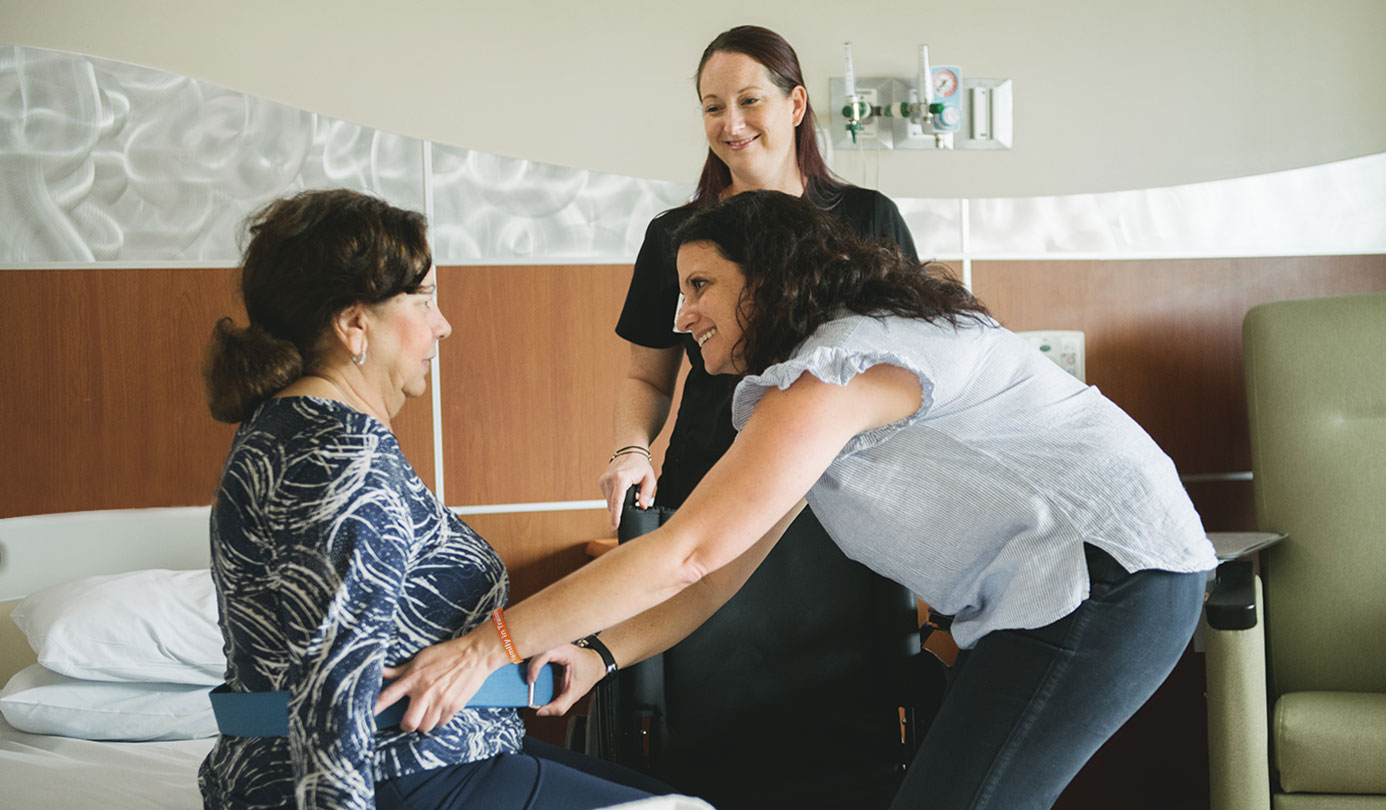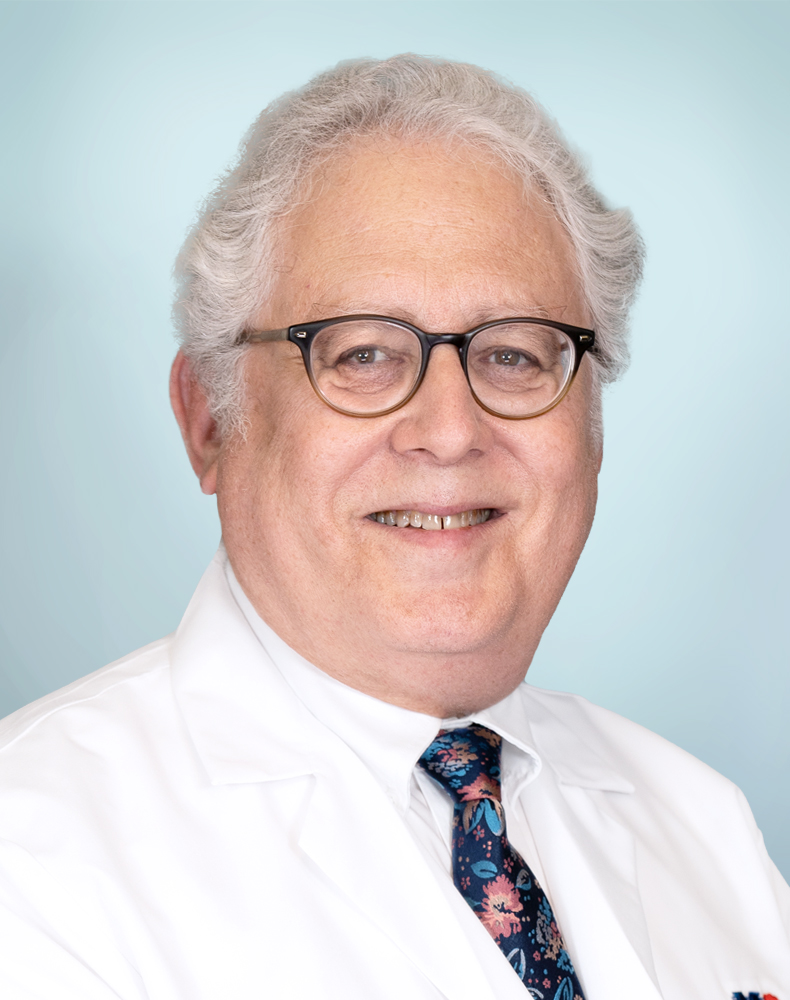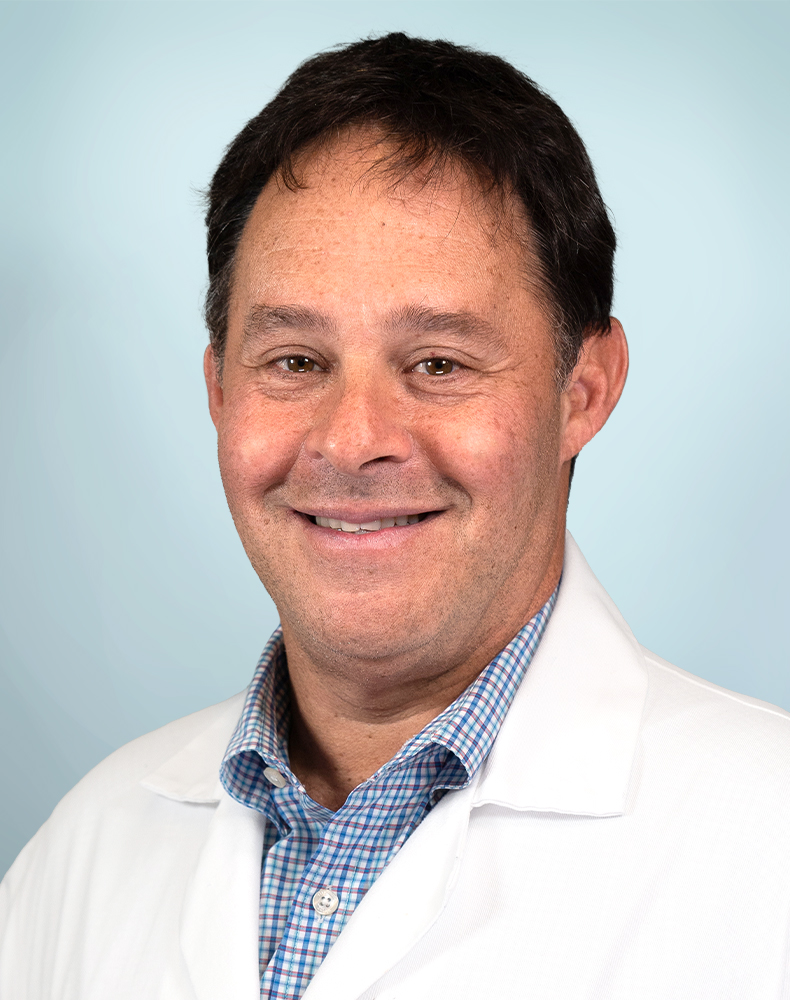Lung Infections
Our pulmonologists diagnose lung infections, such as pneumonia and tuberculosis, and design effective antibiotic strategies.
If you have a persistent lung infection, you may have a severe cough or shortness of breath that won’t go away. Perhaps you cough up mucus (phlegm) or have fever, fatigue and loss of appetite.
A specialist can evaluate and diagnose a lingering infection and design a plan to fight your particular condition. We can keep you comfortable throughout treatment and control your symptoms until testing confirms you are cured.
To Schedule a New Appointment or a Follow-Up Visit, Call:
954-276-1925Lung Infections: Why Choose Memorial Healthcare System?
Patients seeking treatment at Memorial Healthcare System, for a lung infection will find:
- Experienced physicians: Our care team includes highly skilled, board-certified physicians who have decades of experience and specialize in diagnosing and treating lung infections.
- Advanced diagnostic tools on-site: We have sophisticated methods in our office to image your lungs, evaluate lung function and test for infections. That means you go to only one place for your appointments and tests.
- Comprehensive treatment of symptoms: We treat each lung infection with carefully tailored courses of antibiotics for the specific type of infection that is diagnosed. We complement treatment with supportive care to keep you comfortable and prevent complications.
Frequently asked
Lung infections are caused by bacteria or viruses in the lower respiratory tract. The most common are:
- Pneumonia: In this condition, infection causes inflammation in the air sacs in one or both lungs. The air sacs may fill with pus or fluid making it difficult to breathe.
- Tuberculosis (TB): TB is a condition where the lugs are infected with a bacteria called Mycobacterium tuberculosis.
Symptoms vary widely but usually include at least some of the following:
- A cough that lasts longer than three weeks
- Greenish, yellow or bloody mucus
- Shortness of breath
- Sharp chest pain when you cough or breathe deeply
- Crackling, bubbling or wheezing noises when you breathe
Other symptoms may affect your entire body:
- Fatigue or weakness
- Fever, perhaps with chills and/or sweating
- Loss of appetite and weight loss
To evaluate your lungs, your doctor will:
- Listen to your lungs with a stethoscope
- Ask you questions about your health and your medical history
- Inquire about any recent travel, contact with animals or interaction with other sick people
- Order a chest X-ray to look for inflammation in the lungs
- Perform pulse oximetry, by placing a device on your finger to measure the level of oxygen level in your blood
Depending on the results, your pulmonologist may perform other tests on your skin, blood or mucus. The tests will determine whether you have an infection and what type of germ caused it.
For more complicated cases, our team also uses advanced diagnostic technology, including:
- CT scan: Like an X-ray, this creates an image of the chest that may reveal abscesses or other complications.
- Sputum culture: Testing phlegm and mucus can identify specific germs and help your doctor prescribe the most effective antibiotics.
- Bronchoscopy: The doctor may need to place a long tube into your airways. This helps to find blockages, identify sources of infection and retrieve mucus for testing.
Our doctors treat each infection with specifically tailored antibiotics, which you take by mouth or intravenously (IV). Treatment differs based on the type of infection, how sick you are, your age and the presence of other health conditions.
In addition to medications, supportive care prevents complications and makes you as comfortable as possible while you heal. Your pulmonologist may recommend:
- Aspirin, ibuprofen or acetaminophen to treat fever and pain
- Plenty of fluids, particularly warm beverages, to help loosen mucus
- Hot baths and a humidifier to help break up mucus
- Avoidance of any type of smoke
- Rest
- Oxygen supplementation, where you breathe oxygen from a tank to increase oxygen levels in your system and improve your symptoms
Your pulmonologist will follow you throughout your treatment to monitor your progress. They will continue to test you until they can prove that you are completely cured.
To Schedule a New Appointment or a Follow-Up Visit, Call:
954-276-1925
Patient- and Family-Centered Care
We treat patients and family members as partners in healthcare.
It matters to you. It matters to us.
Quality and Safety Data for Memorial Healthcare System
Our goal is to provide our patients with the information they need to make informed choices for themselves and their families.
View Quality and SafetyYou have a Right to Know About Prices
We want to give you the information you need to make important healthcare decisions, including the costs of our services.
View PricingMyChart Portal
View test results, schedule follow-up appointments, request prescription refills and more.
Login or Sign-up to MyChart





